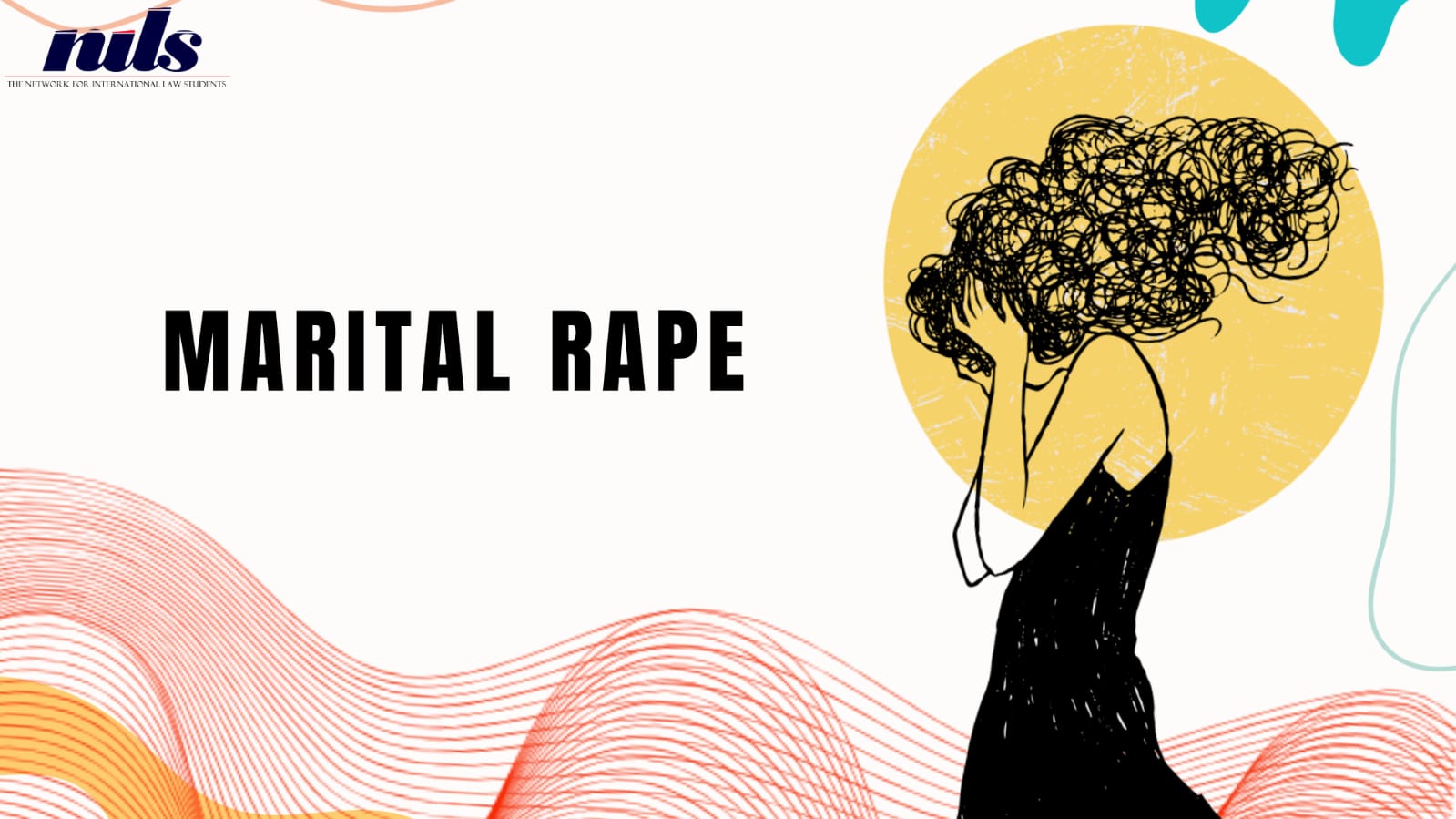In the 1970s, to have thought as a lawyer in the United Kingdom meant dismissing a rape and sweeping it under the rug if the woman was married. No action could be brought against rape if the victim was married, and the only aid a lawyer could provide was in applying for a civil injunction on behalf of the woman against her rapist. Further impunity was endowed upon the husbands when it was held by the House of Lords in the case of DPP v Morgan [1975] UKHL 3, that it would be the honest belief of a man, i.e if he honestly believed a woman had given her consent, no matter how preposterous such belief may be, to act as the last nail in the coffin in the case of an action brought against him for rape.
A supposed matrimonial consent, one which cannot be withdrawn, binds a woman to have submitted herself to sexual intercourse in all conditions. This notion of Sir Matthew Hale, former Chief Justice of King’s Bench in England was further reaffirmed by Barrister John Frederick Archbold in his book named “Pleading and Evidence in Criminal Cases” which is regarded as a prime point of reference for practitioners in England and Wales. And thus, marital rape remained trapped in a legal obscurity until the historic court judgment made in the year of 1991 that removed legal immunity for rape in marriage in the UK, postulating the criminalisation of rape of a woman at the hands of her husband.
A more substantive comprehension of the concept of the rule of law extends beyond the mere formal content of legal systems and takes into account the ethical substance inherent in them. While the formal interpretation designates it as absolute, the substantive perspective highlights the necessity for the gradual evolution of legal principles. This can be observed in the landmark case of R v R [1991] UKHL, when the UK judiciary considered the lack of a marital rape exemption in English law as a “common law fiction,” ruling out that a wife’s irrevocable acquiescence to her husband was unpopular in modern culture. The case not only demonstrated the judiciary’s capacity to update and reinterpret the common law taking contemporary social values into account, but also accentuated the importance of protecting individual autonomy regardless of marital status, thus making a significant stride towards gender equality and acknowledging gender based violence. It further underscored how a judiciary could actively reassess and readjust the law to modernise it and pioneer advancements in the grey areas where legislation is yet to be defined. The exposition and application of the term “unlawful” in the context of the UK’s Sexual Offences (Amendment) Act of 1976 was therefore reevaluated and aligned with evolving societal and moral values, enhancing legal standards.
While marital rape turned into a legal reality in the UK, it was rendered to a mere greatly exaggerated tale of the married women in the legal landscape of Bangladesh – a tale that remained unspoken, unheard, condemned by the law that recognise it as well. A contradiction in its essence, section 375 of The Penal Code, 1860, which ordains the definition of rape also comes with an exemption clause that states sexual intercourse by a man with his own wife is not rape. On one hand, section 375(2) stipulates that sexual intercourse with a woman under the age of fourteen is a crime with or without consent involved; on the other, the exemption clause states unless or until the wife is under the age of thirteen, sexual intercourse with her by her husband will not be a rape. As the disparity in the legal age of consent lies at the core of its contradiction, the marital exemption only makes matters worse by explicitly legalising marital rape with an age threshold of above twelve. Additionally, it contravenes section 4 of the Child Marriage Restraint Act 1929 which prescribes the age of eighteen as the legal age for marriage for girls. Further incongruity persists when such outdated codification continues to be in power in our country being a legacy of the British colonial period from the 1860s while England itself has now criminalised marital rape. While the original age threshold set out in the section was amended few times post independence with evolving societal norms, the exemption clause remained untouched making the notion of marital rape immaterial in all conditions. As scopes for rectification remain evasive, this obsolete prescription leaves no remedy for aggrieved women, rather further solidifies itself to mirror the society’s deep seated outlook on the womens’ subservient disposition within the institution of marriage driven by age old sexism and patriarchy.
Such enduring legal dichotomies in our laws regarding sexual abuse at the hands of husbands, age of marriage and consent are what inevitably prove to have kept legal redress and aid at an arduous distance for women across Bangladesh. After all, rape is a crime against women and humanity that ought to come with no impunity.
About the author
Tabassum Hasnat is a sophomore law student at BRAC University and a freelance content and creative writer from Bangladesh, specializing in short-form fiction. She runs a personal blog on Storymirror Pvt Ltd and has co-authored multiple anthologies and book compilations. Her work has been featured on international platforms such as Amazon, Kindle, Google Books, Kobo, Barnes & Noble, and Notion Press. Her previous roles include working for Quirky, a youth magazine, and serving as a Creative Intern in the creative department at Moshal Mental Health. Currently, she is the Head of Content and Creative at Esscre, an arts organization, and teaches middle and high school. Additionally, she contributes as a News Editor to her university’s independent publication.

